RESEARCH
Rutgers Researchers Explore Policy Options to Reduce Food Waste, Methane Emissions
JEANNE HERB / NJCCRC – The New Jersey State Policy Lab and its partner, the Organics Workgroup of the New Jersey Climate Change Alliance, have completed a research effort designed to inform the development of statewide public policy aimed at reducing food waste, contributing to food security, and reducing landfill organic wastes in an effort to reduce methane emissions, a potent contributor to global warming. This collaborative project was a direct follow-up to the Alliance’s release of a Sustainable Organic Material Management Plan for New Jersey that outlined potential policy efforts related to food waste reduction, food donation, food waste management in schools, community-scale composting, large scale organics recycling infrastructure, and sustainable animal manure management.
The final report will be posted on the State Policy Lab website as well as that of the New Jersey Climate Change Alliance. The New Jersey Climate Change Resource Center (CCRC) featured this work as part of its virtual Climate Academy series on March 1, 2022. A recording of the event is posted here.
The final report from this collaborative project outlines potential public policies for consideration in New Jersey based on experiences in a set of other states and cities in a variety of areas, including opportunities in state and municipal government, the health-care sector, the nonprofit sector, the agriculture sector, the waste management sector, local school systems, and institutions of higher education. The final report outlines 13 research initiatives and key findings, along with an additional section on the topic of reimagining prison food systems, a topic that repeatedly emerged during the research process.
The outcome of this project reinforces and highlights something we, collectively, already know: that decisive climate change action – in this case, reduction of methane emissions in landfills – can drive substantial co-benefits to other societal goals, including health equity, sustainable and economic development, and enhancement of vibrant communities. Among the outcomes of this work, the research team found that state investment in efforts such as food equity advocacy networks and food rescue transportation/infrastructure, creation of food policy councils, tiered community composting permitting, co-digestion facility development, and enhanced institutional food recycling result in opportunities for improved organics waste policy that contribute both to New Jersey’s attainment of its climate change goals and its efforts to address food security.
This effort reinforces two other important observations: First, that solutions to some of the most “wicked” challenges facing New Jersey demand looking at opportunities through a systems lens, meaning that the most high-impact and sustainable solutions are those that connect various sectors – in this case, food security, waste, and climate change; and, second, that the next generation of public policy leaders in New Jersey, including the Rutgers graduate students that led this new report, has the necessary skills and capacity to apply a systems lens to advance meaningful and equitable solutions that benefit all New Jersey residents.
LEARN MORE ABOUT FOOD WASTE
Visit the Rutgers Cooperative Extension Food Waste Team website to learn more about food waste and efforts to reduce it. Formed in 2018, the RCE-FW team has focused its food waste reduction efforts on the school sector. Working with food service workers, the RCE-FW facilitates trainings to help food service departments reduce food waste and creates comprehensive toolkits on how to implement food waste reduction efforts in schools.



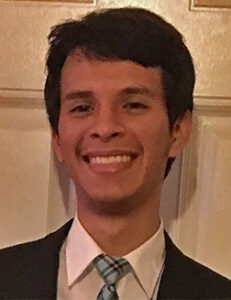 Angel Alguera
Angel Alguera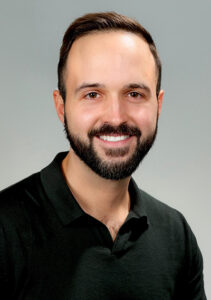 Daniel Gilkeson
Daniel Gilkeson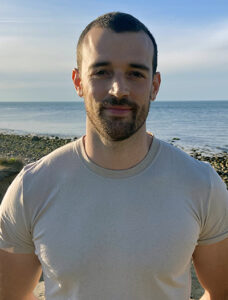 Benjamin Goldberg
Benjamin Goldberg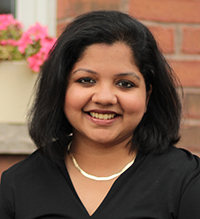 Surya Jacob
Surya Jacob Vineesh Das Kodakkandathil
Vineesh Das Kodakkandathil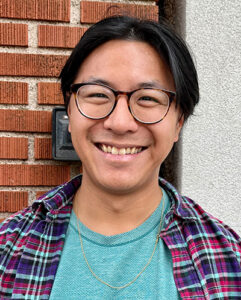 Douglas Leung
Douglas Leung Nihar Mhatre
Nihar Mhatre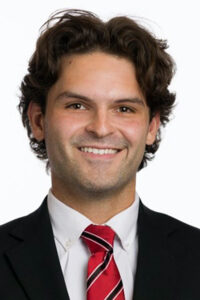 Justin Morris
Justin Morris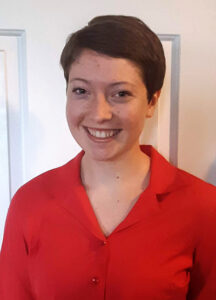 Josephine O’Grady
Josephine O’Grady Jessica Parineet
Jessica Parineet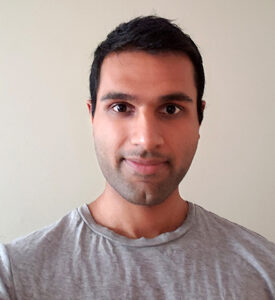 Dillan Patel
Dillan Patel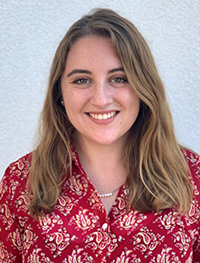 Moira Sweeder
Moira Sweeder